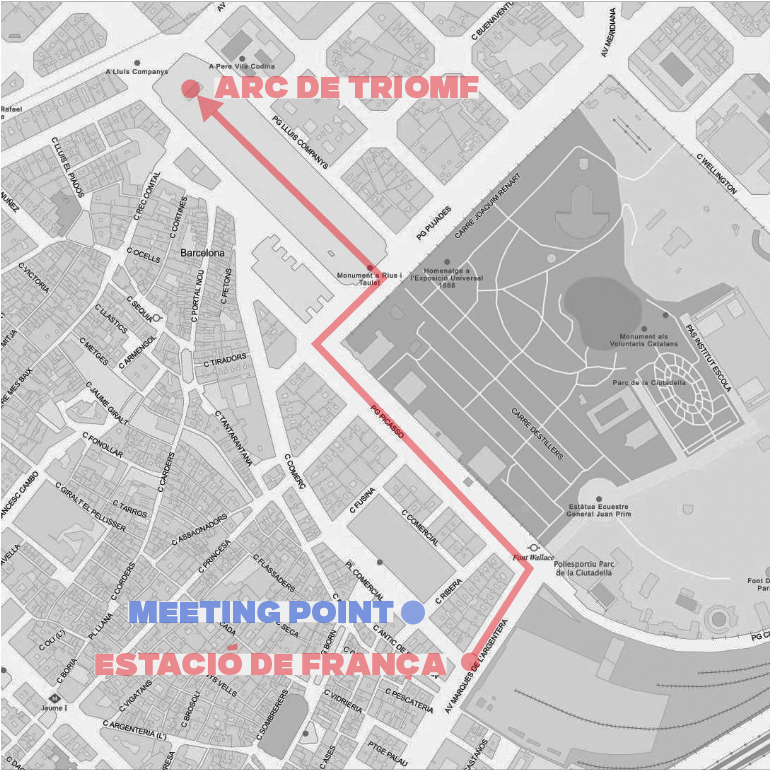
La Diada, celebrated on September 11 is Catalonia’s National Day which commemorates the fall of Barcelona on September 11, 1714. On that day, Catalonia lost the governing institutions it had maintained since the Middle Ages. In 1716, with the Nova Planta Decree, King Philip V of Borbon abolished them and subjected Catalonia to the laws of the Spanish central power, which entailed great repression of the culture, language and traditions of the Catalans that persisted in the successive reigns and dictatorships.



